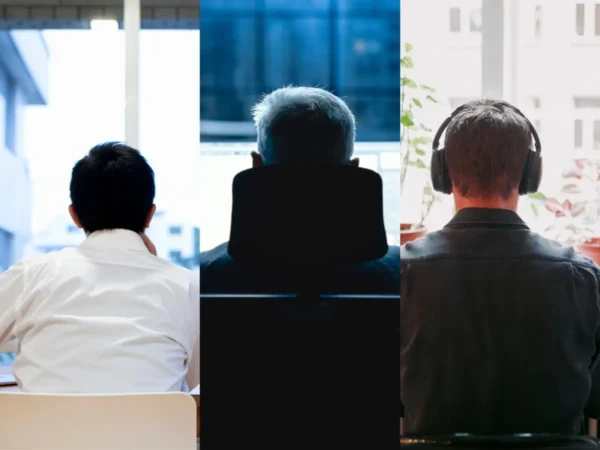
Like it Or Not, Superstitions Say Something About the Way You Live Your Life

According to a Gallop Poll carried out in 2000, one in four Americans are superstitious. In the UK, a study by Professor Richard Wiseman found that 77% of people are “at least a little superstitious”. Whether grounded in reality or not, it seems that the majority of people have some sort of belief in fate.
In support of this theory, you only have to look at the world around us to see that superstition has a hold over us. According to data from Zoopla, homeowners in the UK sell their property for, on average, £4,000 less if its address contains the number 13. Similarly, in certain US office blocks, there is no 13th floor. In fact, this idea also extends to some of the country’s largest casinos. With the number 13 sharing associations with bad luck, gamers don’t want to jinx their fortunes at the tables.
Beliefs in Ethereal Forces Influence Our Behaviour
Naturally, things will also go the other way. Sticking with casinos, where fate is a major part of the experience, many online sites are littered with good luck charms. For example, if you take a look inside Genesis Casino, you’ll see that many of its games are designed to give off positive vibes. Rainbow Jackpots is a perfect example of this. As well as playing on the idea of there being a pot of gold at the end of a rainbow, this slot features images of four-leaf clovers and horseshoes.
Put simply, superstition is a part of our everyday lives. If that’s the case, the question then becomes: what does it all mean? Like dreams, superstitions are hard to analyse. However, most psychologists are in agreement that they mean something. With that in mind, we’ve found three superstitions and what they could say about you.
What Do Superstitions Say About You?
Triskaidekaphobia: The fear of the number 13 is perhaps the most common superstition out there. One proposed reason for this superstition is that it’s close to the number 12 which, in ancient times, was considered to be the perfect number, according to Reader’s Digest. Therefore, if you have a fear of 13, it could be because you’re a perfectionist.
Flipping Fish: In some parts of China, flipping over a whole fish on your plate is considered bad luck. According to Culinary Lore, the idea is that turning a fish bottom-side up will cause a ship to capsize. This superstition is prevalent in fishing villages, which would suggest that those who harbour it have a strong sense of community.
Lucky Horseshoes: Why are horseshoes considered lucky? According to Wide Open Country, among the reasons for their place in superstitious circles, horseshoes are said to ward off witches. During the Middle Ages, people believed the sound of horses running in iron shoes scared the witches. If you’re a follower of this idea, it may suggest that you’re someone that looks to the spirit world not only for protection but guidance.
The world of superstition is steeped in myth, folklore and, of course, mystery. Whether you believe it says something about you or not, the reality is that it’s a part of our culture. Regardless of whether you’re playing games or selling a house, there will be times when something ethereal will influence your behaviour.














































